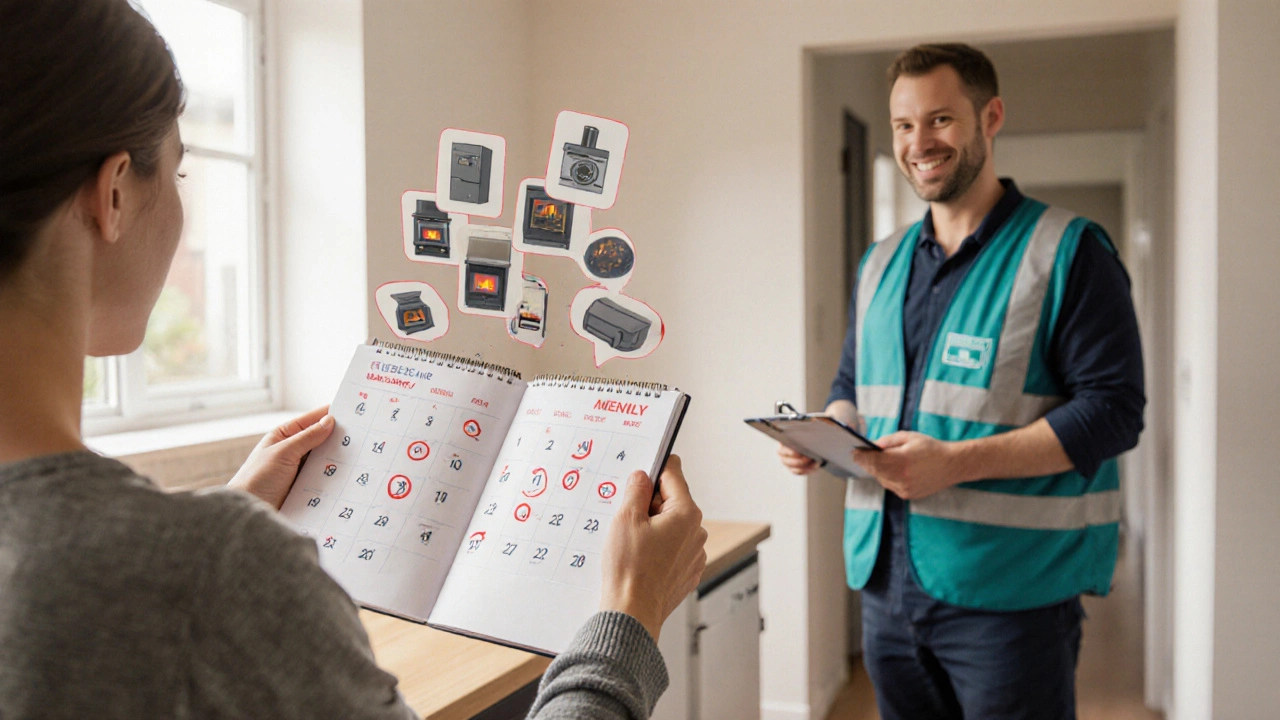When navigating NZ gas regulations, the set of safety, construction and environmental rules governing the use of natural gas in residential settings, you’re dealing with more than just paperwork. These rules dictate how gas appliances are installed, maintained and inspected, and they shape the ongoing conversation about a possible home gas ban. In plain terms, the regulations ensure that any gas‑powered device—from a simple water heater to a full‑size boiler—operates without endangering people or property. They also lay the groundwork for the country’s move toward greener energy sources.
One of the core pillars of the regulations is gas appliances, any equipment that burns natural gas or LPG for heating, cooking or hot water. Whether you own a gas oven, a gas‑powered dryer, or a gas‐fired boiler, each piece must meet strict installation standards and undergo regular safety checks. Boiler safety, the practice of inspecting, testing and maintaining central heating boilers to prevent leaks, carbon monoxide exposure and operational failures is a major focus because a faulty boiler can quickly become a life‑threatening hazard. Another hotspot is the gas oven, a kitchen appliance that uses natural gas or LPG to generate heat for cooking. Regulations require that ovens have proper ventilation, calibrated flame controls and regular certification to keep fire risk low. The government’s broader climate agenda introduces the concept of a home gas ban, potential legislation that would restrict or phase out the installation of new gas appliances in residential buildings. This push toward electrification means homeowners must consider whether to retrofit existing gas devices or replace them with electric alternatives. The term electrification, the process of switching energy consumption from fossil‑based sources to electricity, often sourced from renewable generation is now appearing in many compliance guides, as it directly influences future renovation plans and resale values. All these entities are interlinked: NZ gas regulations encompass safety standards for gas appliances, dictate boiler safety procedures, set performance thresholds for gas ovens, and shape the policy environment around the home gas ban and electrification. The relationships form a logical network—regulations require safe installation, safe installation protects occupants, and protective policies drive the shift to cleaner energy.
For residents, the practical steps start with a clear understanding of what compliance looks like. First, schedule a certified gas safety inspection before any major appliance purchase; the inspector will verify that the device meets the current standards and that the gas line is correctly sized. Second, keep all service records—these documents prove compliance during property sales or insurance claims. Third, if you’re planning a kitchen remodel, ask your contractor whether the new layout respects the required clearances for gas lines and ventilation. Finally, stay informed about upcoming legislative changes. The Ministry of Business, Innovation and Employment periodically updates the regulations, especially around the potential home gas ban. By staying ahead, you can avoid costly retrofits and ensure your home remains safe and energy‑efficient.
Below you’ll find a curated collection of articles that dive deeper into each of these topics. From step‑by‑step guides on diagnosing gas‑related appliance faults to cost‑benefit analyses of repairing versus replacing a gas boiler, the posts are designed to give you actionable insight. Whether you’re a DIY‑enthusiast, a homeowner tackling a renovation, or simply curious about how NZ gas regulations affect your daily life, the resources ahead will equip you with the knowledge you need to make informed decisions.
Posted by
Orin Trask
0 Comments

Learn the legal and practical schedule for checking gas appliances in New Zealand, spot warning signs, and get tips on choosing a licensed gasfitter.
read more